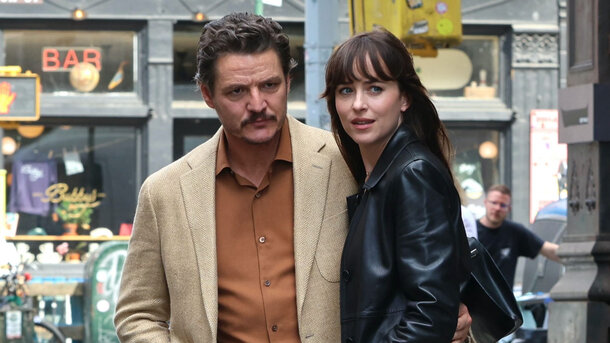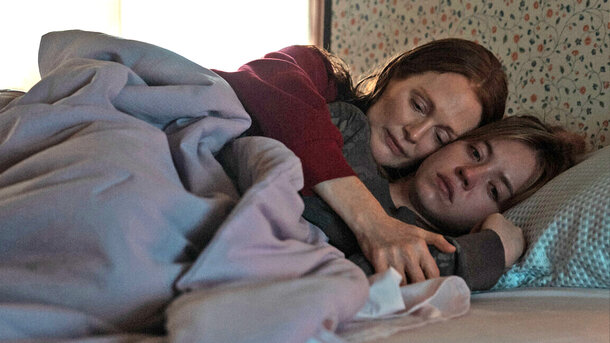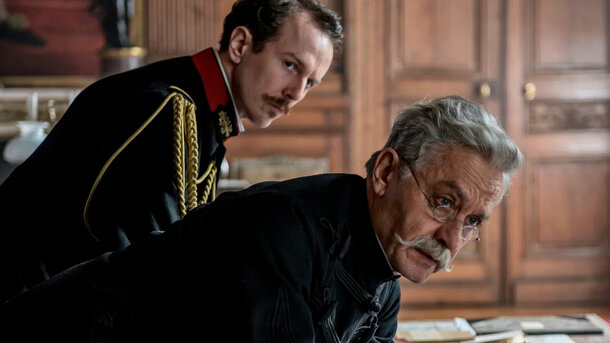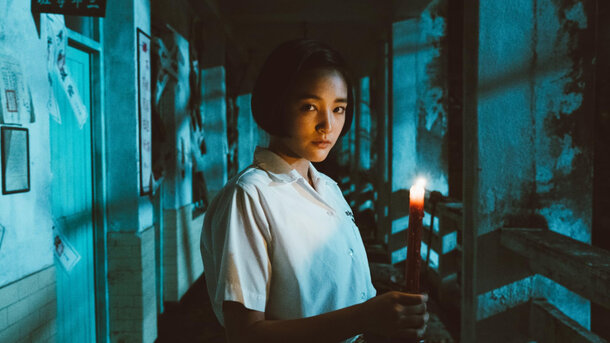For me, The Other Way Around slipped in softly but left a deep emotional dent. It’s quiet, deeply European in its rhythm, and never tries too hard — but somehow, that’s exactly why it floored me. If you’ve ever stared down the blurry line between love, duty, and resentment, trust me, this one’s going to get under your skin.
A Marriage Interrupted – Plot Without Spoilers
Set in Madrid’s intimate domestic spaces, the story follows Ale, a woman just about to leave her long-term partner, Alex. And then — in a sudden, cruel twist of fate — he becomes paraplegic. Her suitcase stays unpacked, but the emotional departure is still very much in motion. What unfolds is less about physical disability and more about the emotional dissonance that grows between two people forced back into proximity under changed rules.
Themes of resentment, guilt, care, and reluctant sacrifice ripple through the script like slow-moving waves, never melodramatic but always palpable. It’s a drama that explores the invisible erosion of a relationship, and how life's unexpected cruelty can freeze us mid-decision.
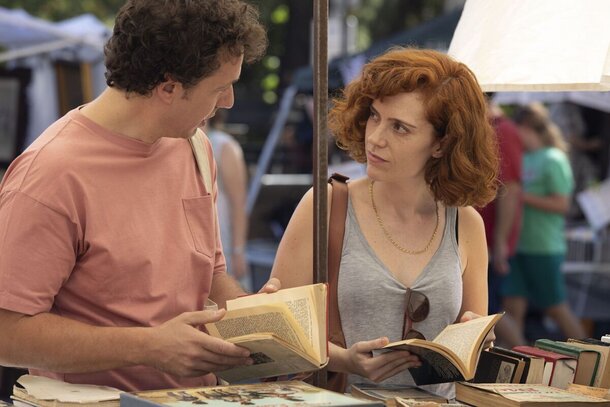
Director’s Lens – Jonás Trueba’s Intimate Cinema
Jonás Trueba, best known for The August Virgin, brings his signature subtlety to this project. His directorial style feels almost invisible — no flashy shots, no manipulative score. Just long takes, soft lighting, natural conversations. It's observational filmmaking at its most restrained and raw. You feel like a fly on the wall in Ale and Alex’s flat, uncomfortably close to their unraveling connection.
He never tells you what to feel. Instead, he lets you lean in, interpret, and ache. Trust in the audience is something I have always admired in cinema.
Performances – Painfully Real and Gorgeously Understated
Itsaso Arana as Ale gives a performance that doesn’t perform — and I mean that as the highest compliment. You see every flicker of resentment, every reluctant kindness. Vito Sanz plays Alex with vulnerability and infuriating oblivion, a man clinging to what’s left while refusing to see what’s already lost.
And when Bárbara Lennie and Irene Escolar appear in supporting roles, the emotional palette expands further, adding contrast to Ale’s growing entrapment.
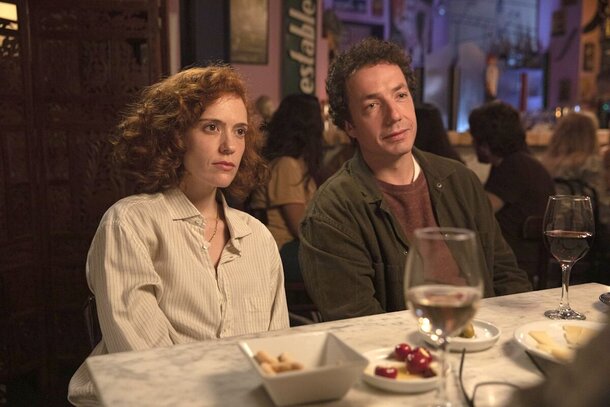
Cinematography & Sound – A Quiet Interior World
The camera stays indoors, almost suffocatingly so. It creates a claustrophobic intimacy that mirrors the characters’ emotional entrapment. There’s a subtle brilliance in the sound design too — everyday noises like dishwashing or clumsy wheelchair manoeuvres feel heavier than dialogue.
There’s no sweeping score to carry your feelings — just the rawness of silence and sighs.
Themes & Symbolism – When Roles Reverse, So Do Truths
The film is about emotional obligation and what happens when love is tangled with duty. It dares to ask: what if staying is more painful than leaving? Is caring for someone the same as loving them? There’s a tragic beauty in how life reconfigures this couple’s dynamic — where once there was friction, now there’s friction plus paralysis. And the irony is brutal: she wanted out. Now, she can’t leave without breaking what little humanity is left between them.
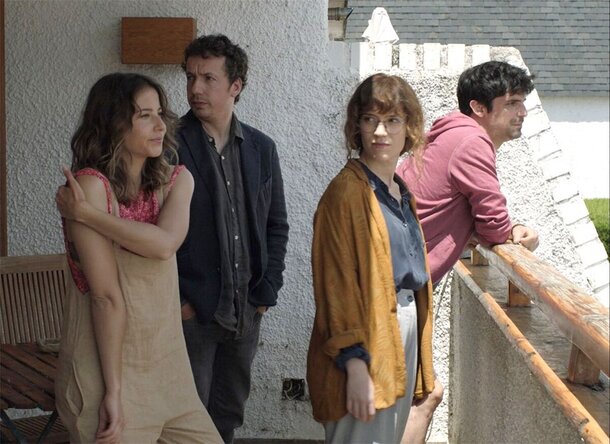
Audience Reactions: USA vs. UK
In the UK, critics praised its naturalistic performances and meditative pace, often drawing comparisons to Mike Leigh’s domestic dramas. It resonated most with indie cinema audiences and Guardian readers who appreciate emotionally intelligent storytelling.
Meanwhile, in the USA, reactions were more split. Art house fans (particularly on the festival circuit) lauded it as “quietly devastating,” but mainstream viewers found its pacing “too slow” and the plot “thin.”
Put simply: the British embraced its realism. The Americans wanted more drama.
Final Verdict – Should You Watch It?
This isn’t date-night fare or a popcorn flick — it’s emotionally demanding, quietly brutal, and hauntingly honest. But if you’re in the mood for something that doesn’t hand-hold, something that trusts your emotional intelligence, The Other Way Around is a hidden gem.
⭐ Rating: 8.5/10
💬 “Sometimes staying is harder than walking away — and this film lives in that hard truth.”
- IMDb Rating: 7.1/10
- Premiered: 2023 Cannes Directors’ Fortnight
- Budget: Undisclosed
- Language: Spanish (with subtitles)




